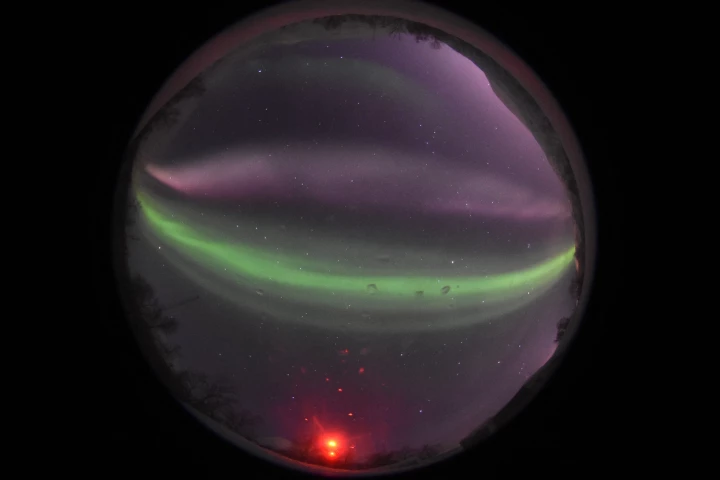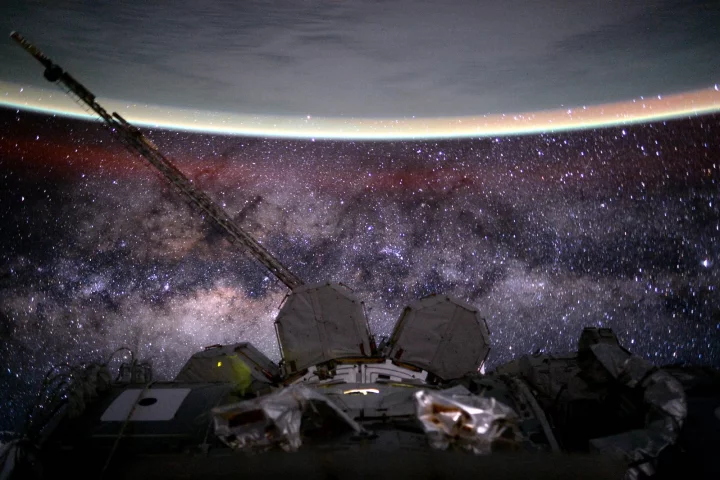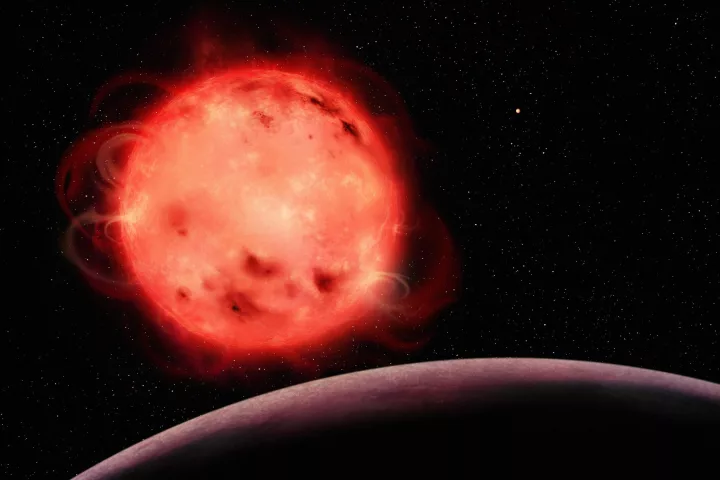Atmosphere
-
MIT researchers have found a way to use the mechanical vibrations of sound waves to shake water molecules free from a storage medium. The breakthrough significantly speeds up the process of harvesting drinking water from thin air.
-
As private companies make spaceflight routine, Earth’s upper atmosphere has become a testing ground with each launch leaving residues that react with ozone, thinning the layer that shields life below. It’s a problem scientists are just beginning to quantify.
-
There are plenty of ways to suck water out of the air, whether you need a little or a lot. MIT researchers may have just hit upon one of the best ways to do it, with a new device that doesn't need power, or even a filter, to deliver drinking water.
-
Astronomers have discovered an exoplanet with a tail, like a gigantic comet. The planet, known as WASP-69b, is slowly evaporating in the radiation of its host star.
-
Solar eclipses don’t just look cool – they can send gravity waves rippling through Earth’s atmosphere like dropping a stone in a pond. An international team of students has measured these gravity waves for the first time.
-
NASA scientists have discovered a third global energy field around Earth. Known as the ambipolar electric field, this force drives charged particles into space above the poles and joins the known gravity and electromagnetic fields.
-
Aquaria Technologies, a San Francisco-based company founded in 2022, is looking to provide affordable, clean drinking water for the masses by pulling it out of the air.
-
Giant shock waves emanating from the Sun can give us some breathtaking auroras here on Earth. They can also cause energy surges that can damage our infrastructure, says a new study that looks at how their angles of impact shape their consequences.
-
It’s ironic that while many regions struggle with water shortages, there’s heaps of the stuff floating around in the air everywhere. A new MIT water harvester design can pull enough fresh water out of the air to meet the daily needs of several people.
-
If you’re planning to see the aurora soon, keep an eye out for a brand new type of sky glow that’s just been discovered. This short-lived phenomenon only appears after midnight and seems to be the inverse of something just spotted a few years ago.
-
Next month, NASA will place a new piece of equipment on the International Space Station. It will examine a phenomenon known as Earth's airglow for signs of weather-produced waves that can reach the mesopause and disrupt satellite communications.
-
The James Webb Space Telescope has achieved one of the first major science goals announced for it way back in 2017. The infrared instrument has now probed the atmosphere around one of the TRAPPIST-1 exoplanets.
Load More











